
New Delhi: The Genome India Project is a transformative government-backed initiative with the ambitious goal of sequencing the genomes of 10,000 Indian individuals. By doing so, it aims to create a comprehensive reference genome representing the country’s diverse population. This project marks a significant milestone in the field of biotechnology, providing a deep understanding of India’s genetic landscape and unlocking vast potential for advancements in agriculture, human health, and environmental management.
Genome sequencing plays a critical role in revealing the hidden potential of the microbial world. Through this data, researchers can explore the genetic traits that contribute to crucial enzymes, antimicrobial resistance, and bioactive compounds. The results will not only benefit environmental protection and agricultural development but will also contribute significantly to improving human health by fostering better medical treatments and policy-making decisions tailored to India's specific needs.
The project also aims to release fully annotated bacterial genomes isolated within India, making them freely available to the public. This open-access data will include detailed summaries, infographics, and genome assembly details, offering invaluable insights into the scientific and industrial applications of these microbes. By making this microbial genomics data more accessible, the project encourages discussion and innovation, directly benefiting communities and ecosystems.
Speaking at the launch of the Genome India Project, the Prime Minister highlighted India’s historical leap in research. While the project was approved five years ago, its completion was delayed by the challenges posed by the COVID-19 pandemic. Nonetheless, more than 20 prestigious research institutions, including IISc, IITs, CSIR, and DBT-BRIC, have contributed significantly to this accomplishment. The genome sequences of 10,000 Indians are now available at the Indian Biological Data Center.
The Prime Minister underscored that this achievement represents an important step in the biotechnology revolution. The project has successfully created a diverse genetic resource by sequencing genomes from various populations across India, paving the way for more targeted research and a better understanding of the country’s unique genetic makeup.
Pleased to speak at the Pravasi Bharatiya Divas convention in Bhubaneswar. The Indian diaspora has excelled worldwide. Their accomplishments make us proud. https://t.co/dr3jarPSF4
— Narendra Modi (@narendramodi) January 9, 2025
He further emphasised the importance of such research in tackling specific health challenges, such as sickle cell anaemia, which is prevalent in some tribal communities. The Genome India Project is expected to help develop tailored treatments for this condition, as well as others, by providing a complete genetic study that highlights the varied genomic patterns within the population.
The Prime Minister also spoke about the rapidly growing Bio Economy in India, which has soared from $10 billion in 2014 to over $150 billion today. He noted that the ongoing efforts to promote bio-based products and services will play a key role in shaping India’s future as a leader in global biotechnology, similar to the country’s IT revolution. Through initiatives like the Bio E3 Policy, India is working to optimise its natural resources and boost innovation, particularly in biotechnology.
India’s growing strength as a pharma hub was also highlighted, with the Prime Minister noting that the country has taken significant steps in public healthcare in recent years. During the COVID-19 pandemic, India’s pharmaceutical ecosystem demonstrated its resilience, providing free treatments to millions and offering medicines at discounted rates through Jan Aushadhi Kendras. The Genome India Project, he said, will further energise these efforts and contribute to the country’s growing biotech sector.
India is now increasingly seen as a global leader in research and innovation, with more than 10,000 Atal Tinkering Labs across the country supporting students in their scientific experiments. Additionally, hundreds of Atal Incubation Centres have been established to nurture young innovators. The Prime Minister highlighted that the PM Research Fellowship Scheme and the National Research Fund are helping to drive research and development across multiple sectors.
The recent “One Nation One Subscription” initiative, which grants Indian students and researchers free access to prestigious global journals, is another example of the government’s commitment to strengthening India’s knowledge and innovation ecosystem.
Concluding his remarks, the Prime Minister expressed confidence that the Genome India Project will be a major step forward in establishing India as a global leader in genetic research, enhancing the country’s image in the international scientific community.
The Genome India Project is set to play a pivotal role in advancing biotechnology, providing solutions to some of the most pressing challenges faced by the country. With the project’s success, India is poised to lead the way in the development of a bio-economy, creating new opportunities for research, innovation, and public health.
BI Bureau



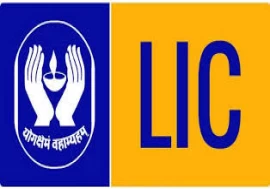
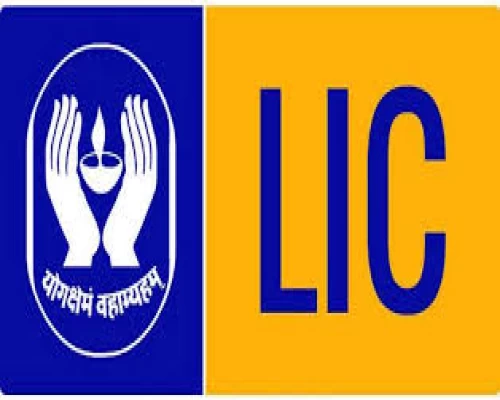
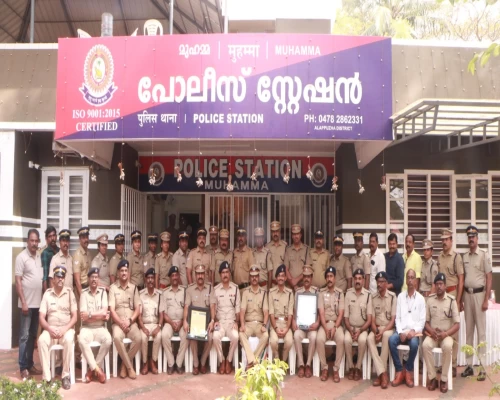
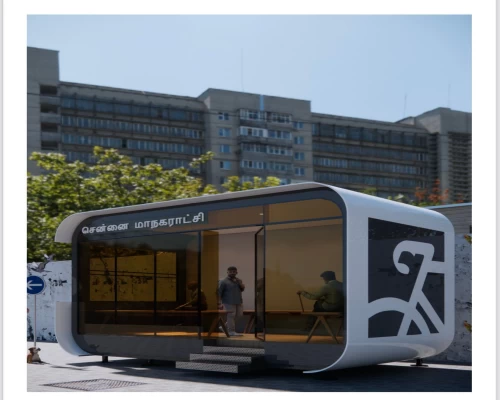
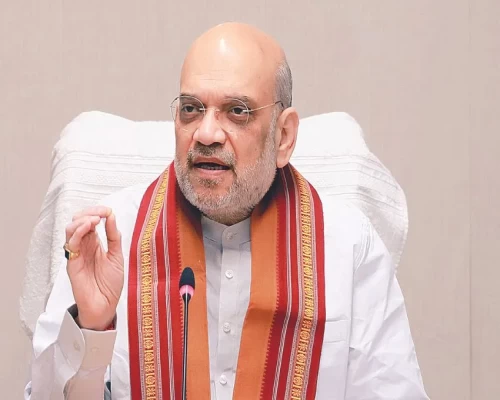





_500_x_400.webp)